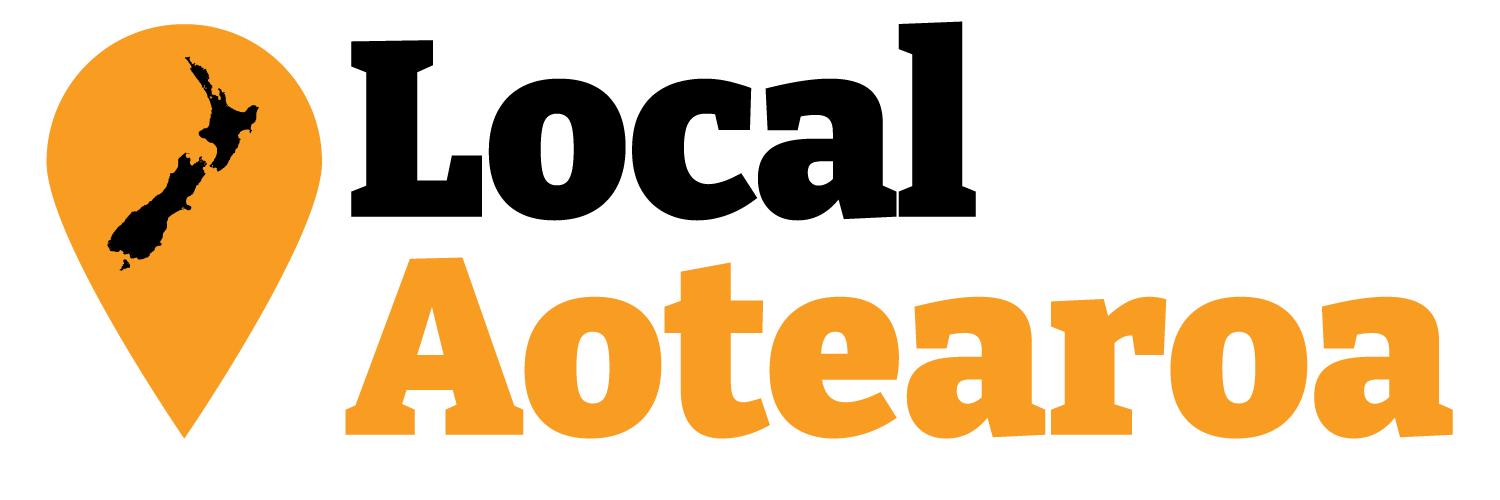NZ First gazumps Coalition partners with bill to disestablish Auckland Transport
An AI-generated image of a bus driving through an Auckland street with the Skytower in the background.
In a surprise move, New Zealand First have announced they are introducing a member’s bill in Parliament to disestablish Auckland Transport, seemingly stealing a march on its governing partners given Local Government Minister Simeon Brown had announced only a few weeks ago that Cabinet would be making decisions on Auckland Transport’s future later this year.
Auckland Transport was created as one of several Auckland Council-controlled organisations back when the amalgamated entity was first formed. Its genesis was in the Making Auckland Greater Royal Commission report, where the commission recommended a new CCO focused on transport that would “be a CCO reporting to the Auckland Council and will have a partnership relationship with the New Zealand Transport Agency and ONTRACK. It will have responsibilities for regional transport, including public transport, as well as for strategic planning and for regional arterial roads. It will have an oversight role in respect of local roads.”
In effect, it was intended as Auckland’s own mini version of the New Zealand Transport Agency with a degree of independence from its controlling council. In its eventual form it took over management of local roads entirely (which originally had been envisaged by the commission as remaining managed by the local councils which eventually were renamed into local boards).
It’s that degree of independence, and perceptions around a lack of responsiveness and accountability that flowed on as a result of it, that have seen frustrations grow at Auckland Council at their inability to influence the direction of Auckland Transport. While there are mechanisms to set direction for the CCO, such as the Letter of Expectations sent by the Mayor of Auckland that Auckland Transport has to respond to through its Statement of Intent, this process is largely seen as ponderous and not flexible enough by the governing body.
Mayor Wayne Brown has been vocal about wanting Auckland Council to exert greater control or bring in-house the council’s various CCOs. The stage was also set for change anyway with Local Government Minister Simeon Brown confirming at the start of August that the Coalition Government was working on changes to Auckland Transport that would be taken to Cabinet later this year.
Given that the Coalition has already public confirmed it was working on changes to Auckland Transport, the question is why did New Zealand First suddenly jump the gun and lodge a member’s bill?
After all, for the bill to pass it’s either going to need the support of National and ACT, or it will need Labour, the Greens, and Te Pāti Māori to all back it along with New Zealand First. With Simeon Brown having already confirmed the Government was working on the issue, which makes sense given a change of this significance would typically be a Cabinet decision followed by a government bill, New Zealand First’s move can only be seen as a surprise move to try and get ahead of its coalition partners on the issue, possibly indicating that they were not happy with the direction that Simeon Brown was looking to take.
For the major parties in government, they typically use member’s bills to advance issues that aren’t otherwise a priority in their legislative work programme, to give backbench MPs something to champion, and to fill up the ballot to lessen the chance of opposition member’s bills being drawn. The topics picked are usually ones that aren’t going to cause too much of an issue for the government, as it isn’t a great look to vote down a bill proposed by one of your own MPs, and it would be spectacularly awkward to have to use the government’s financial veto.
However, those same considerations don’t necessarily apply for minor parties in government. One of their big struggles is provide a point of difference from their coalition colleagues in order to remain relevant to voters. That means their backbench MPs are generally free to put forward member’s bills that don’t necessarily align to the direction of the coalition agreement as a whole, as it gives them a chance to show they’re still able to advocate for things independently of the establishment despite being part of it.
There’s a distinct possibility this member’s bill will sit in Parliament’s biscuit tin ballot for months, if not years, without being drawn. That is unless the government decides to pick it up as their own piece of legislation, which would be surprising given that Cabinet was meant to be deciding on its preferred option later this year. So this does leave a big question mark hanging over why New Zealand First broke ranks like this to announce their preferred solution to Auckland Transport’s status.
Regardless of what Simeon Brown may have been planning to bring back to Cabinet later this year on Auckland Transport, New Zealand First have simultaneously stolen a march on him and drawn a line in the sand by announcing their party’s preferred solution. A solution that Mayor Wayne Brown has enthusiastically endorsed too.
Given policy issues like this aren’t directly covered by the Coalition agreements, it means that whatever Simeon Brown was hoping to do with Auckland Transport will be subject to negotiation between the three parties in government. In this case, by putting the member’s bill in the ballot, New Zealand First leader and Deputy Prime Minister Winston Peters has served notice on Simeon Brown that it’s time to start trading horses on what the future of Auckland Transport is going to be. We’ll all need to watch now to see what price he extracts, or whether Simeon Brown decides it’s not worth the trade offs and simply adopts New Zealand First’s bill to give National’s coalition partner a visible win.





